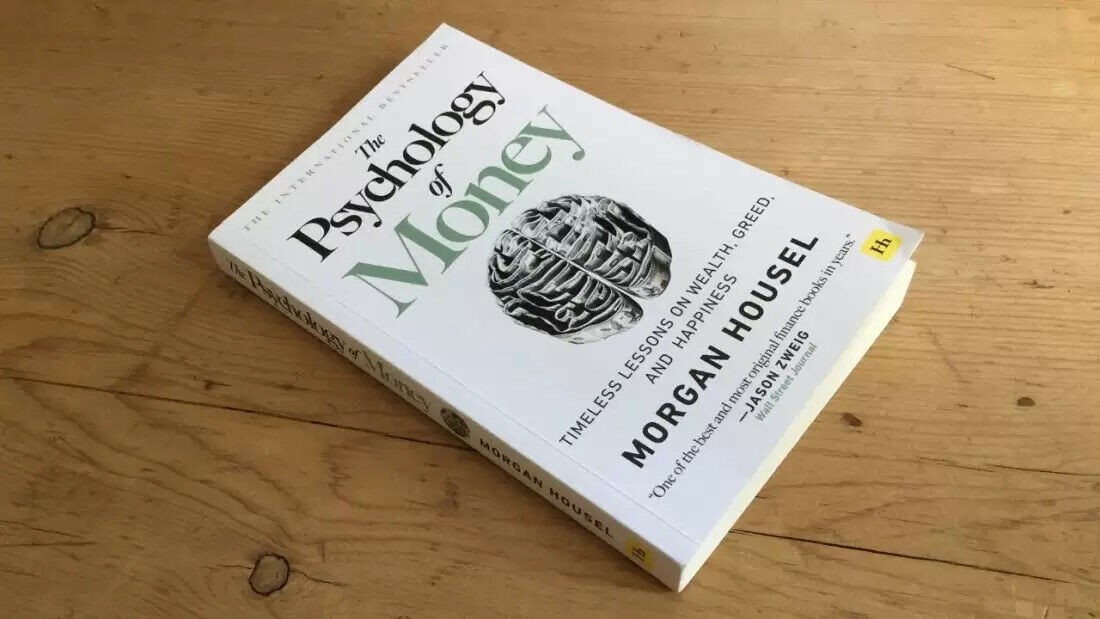“The Psychology of Money: Timeless Lessons on Wealth, Greed, and Happiness” by Morgan Housel is a book that delves into the complex relationship between human behavior and financial success. Housel emphasizes that financial success is not primarily about technical knowledge or mathematical skill, but rather about behavior and psychology. The book is structured around a series of short stories that explore how people think about money, highlighting biases, behaviors, and attitudes that influence financial decisions.
Main key takeaways
- Behavior Over Knowledge: Housel argues that success with money is more about behavior than intelligence or knowledge. Understanding one’s own psychological tendencies is crucial to managing money effectively.
- Luck and Risk: The book discusses the roles of luck and risk in financial outcomes. Housel points out that good decisions can lead to poor outcomes and vice versa, emphasizing the importance of acknowledging the influence of chance.
- Personal Experiences Shape Financial Views: People’s backgrounds and experiences significantly influence their attitudes towards money. For instance, someone who grew up during an economic downturn may have a different risk tolerance than someone who did not.
- The Importance of Saving: Housel stresses the importance of saving money, not just for specific goals, but as a way to gain control over one’s time and life. This control is presented as the ultimate benefit of financial success.
- Emotional Decision-Making: Financial decisions are often driven by emotions rather than rational calculations. Housel advises being aware of this tendency and making decisions that align with one’s personal financial goals rather than trying to impress others.
- The Concept of ‘Enough’: The book highlights the dangers of constantly moving financial goalposts and the importance of recognizing when one has enough. This involves avoiding unnecessary risks for things one does not need.
- The Role of Time: Housel suggests that a longer time horizon can be one of the most powerful tools for financial success. Patience and endurance are key to benefiting from the compounding effects of investments.
Conclusion
“The Psychology of Money” offers insights into how emotions and personal experiences influence financial decisions, encouraging readers to develop a healthier relationship with money by understanding their own psychological drivers.


